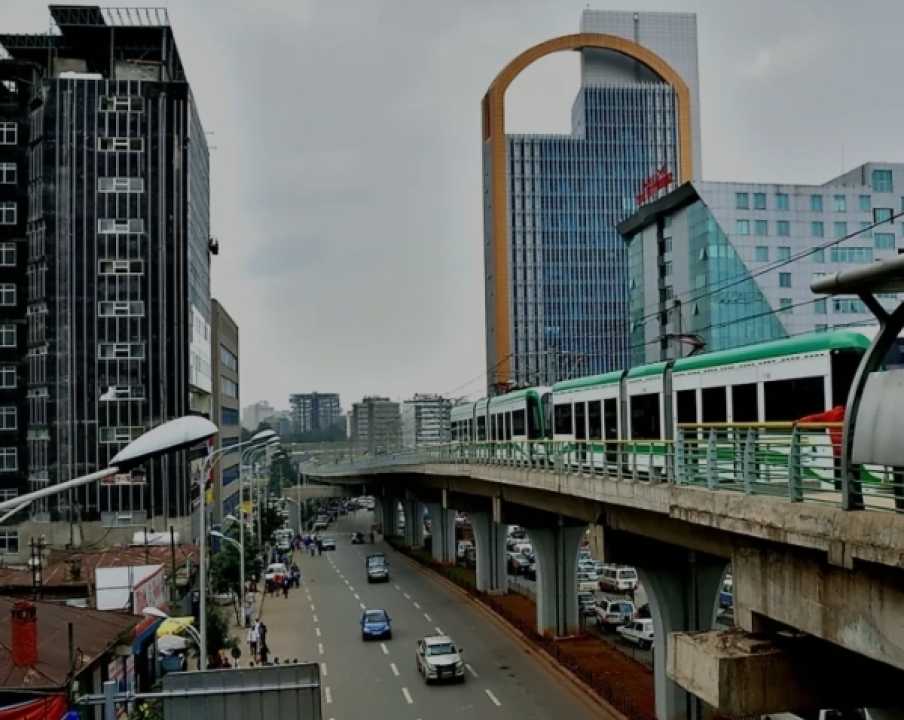Top 10 Most Expensive Places To Live In Africa

This article unveils a comprehensive exploration of the top 10 most expensive places to live in Africa, focusing particularly on the perspective of expatriates. In the realm of ongoing debates regarding which African country holds the pinnacle in terms of living expenses, this piece endeavors to provide a definitive answer. The spotlight falls on Dakar, Senegal, as the foremost contender, debunking the misconception that Addis Ababa, Ethiopia, takes the lead. The intricacies of what defines the most expensive place to live in Africa are unveiled through a nuanced lens, shedding light on factors beyond the mere numerical rankings.
Cape Town in South Africa emerges not only as an ideal living destination but also as the best place to reside on the continent. Concurrently, Mauritius boasts the reputation of being the safest, and Addis Ababa stands as a viable consideration for relocation. However, these cities and countries, while embodying desirable qualities, do not claim the top spots in terms of living expenses. This article aims to unravel the intricacies of what makes a country or city the most expensive, providing a nuanced understanding beyond the surface-level debates that have characterized this discourse over time.
Top 10 Most Expensive Places to Live in Africa
- Dakar, Senegal
- Addis Ababa, Ethiopia
- Abidjan, Ivory Coast
- Harare, Zimbabwe
- Johannesburg, South Africa
- Pretoria, South Africa
- Gaborone, Botswana
- Cape Town, South Africa
- Durban, South Africa
- Marrakech, Morocco
1. Dakar, Senegal

Dakar stands as the epitome of opulence in Africa, securing the top spot with a cost of living index of 50.87. Beyond the numbers, Dakar's distinctive consumer goods prices in 2022 underscore its unique economic landscape. Despite being more affordable than global metropolises like New York, Dakar's $639 monthly estimate for a single person offers a nuanced perspective on Senegal's economic dynamics.
2. Addis Ababa, Ethiopia

As the political capital of Africa, Addis Ababa claims the second position with a cost of living index of 50.49. Unraveling its economic significance, historical roots, and the presence of major universities provides insights into why it remains an attractive, albeit more economical, option compared to Dakar.
3. Abidjan, Cote d’Ivoire

Abidjan secures the third position with a cost of living index of 47.06. Beyond the numerical ranking, Abidjan's prominence as an important seaport, symbolized by the completion of the Vridi Canal in 1951, enhances its appeal. A closer look at its population density, holding 20% of Cote d’Ivoire's total population, adds depth to understanding the city's vibrancy.
4. Harare, Zimbabwe

READ ALSO » Top 10 Greatest Places To Live In Nigeria
Harare, with a cost of living index of 45.69, emerges as Zimbabwe's most populous city, hosting a myriad of embassies. The city's significance deepens with its role as the African headquarters of the World Health Organization. The juxtaposition of its high population density against its comparative affordability, over $4000 cheaper than living in London under similar terms, adds complexity to Harare's position.
5. Johannesburg, South Africa

South Africa's largest city, Johannesburg, secures the fifth position with a cost of living index of 44.87. Beyond being a historical hub for gold mining, Johannesburg serves as the financial backbone of the nation. The presence of the Johannesburg Securities Exchange (JSE) further solidifies its economic importance. Despite its high living costs, Johannesburg remains $5000 cheaper to live in compared to New York, highlighting its unique value proposition.
6. Pretoria, South Africa

Pretoria, characterized by notable skyscrapers and jacaranda trees, ranks sixth with a cost of living index of 42.76. The city's affordability, compared to New York, emphasizes its distinction as one of the more expensive places in Africa, yet with a notable contrast to global metropolises.
7. Gaborone, Botswana

Gaborone, Botswana's economic and government capital, holds the seventh position with a cost of living index of 42.7. The city's economic significance is complemented by attractions like the Gaborone Game Reserve. Notably, the city is 69% cheaper to live in than Paris, amplifying its appeal beyond the numerical ranking.
8. Cape Town, South Africa

Cape Town, renowned for its natural beauty, claims the eighth position with a cost of living index of 40.98. The city's iconic landmarks, including Table Mountain and Cape Point, contribute to its status as a global tourist destination. Despite its high living costs, Cape Town attracts expatriates for both leisure and work-related opportunities.
9. Durban, South Africa

Durban, nestled in South Africa, secures the ninth position with a cost of living index of 40.33. Beyond its beaches and vacation atmosphere, Durban's status as the home to Africa's largest container port adds an economic dimension to its appeal. The city's affordability, being 86.95% cheaper than New York, underscores its unique position.
10. Marrakech, Morocco

Marrakech, Morocco's vibrant city, rounds off the top 10 with a cost of living index of 39.94. The city's economic significance is complemented by its status as a major tourist destination. Marrakech's affordability, 58% cheaper than Paris, positions it as a unique blend of economic activity and cultural richness.
READ ALSO » Best Places To Live In Florida 2024 (With Pictures): Top 10
This in-depth analysis not only dissects the cost of living indices but also unravels the unique characteristics that make each city a compelling choice for expatriates despite the financial considerations. Beyond the rankings, these cities represent vibrant hubs with rich cultural, historical, and economic tapestries.
